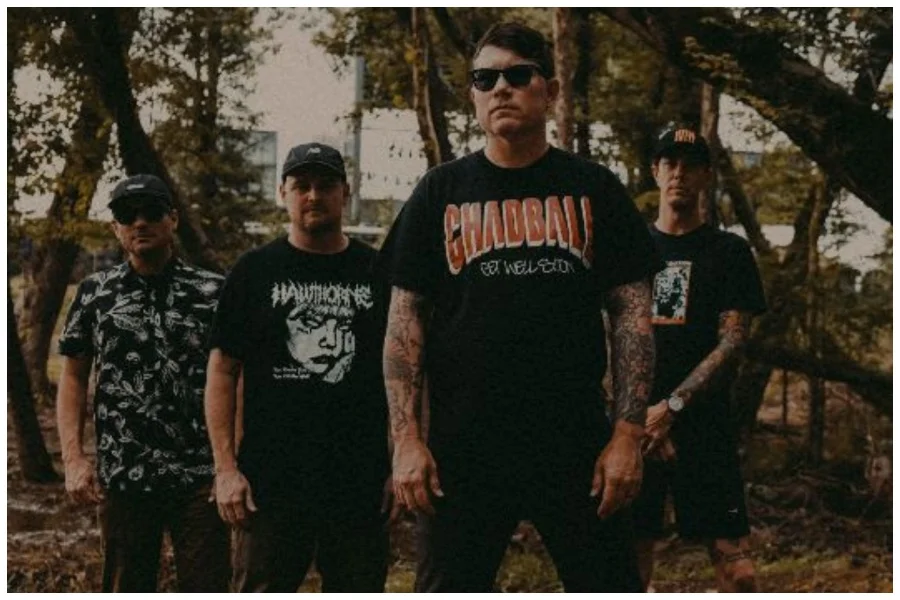A New Jersey woman is accusing the major record labels of making her an offer she can’t refuse.
Michele Scimeca, of Rockaway Township, N.J., has filed a civil lawsuit accusing them of attempting to blackmail her when she was named as one of the 531 people that trade group the Recording Industry Assn. of America (RIAA) accused of illegally downloading sound recordings off peer-to-peer networks.
“Essentially they are saying, ‘Pay a little now, or pay the full monty later,”‘ said her attorney, Bart Lombardo. “This really looks like extortion, and the facts fit under RICO.”
Scimeca filed her lawsuit in U.S. District Court in Newark, N.J., under the 1970 Organized Crime and Control Act, better known as the Racketeer Influenced and Corrupt Organizations Statute, or RICO. The law is usually used to snare organized crime bosses, but it also has been applied in connection with alleged conspiracies ranging from political fund-raising to sexual abuses by Roman Catholic clergy.
Lombardo said in an interview that he was shocked by the tone of the letters the RIAA delivers with its notice of legal action. The letters warn the accused copyright pirate that their liability is clear, and refusal to settle could result in damages of as much as $150,000 per incident and that ignorance of the law is no excuse.
In December, the labels produced 41 pages of copyrighted songs from Pearl Jam, Korn, Godsmack and other artists, which they said were offered for illegal swapping over the Kazaa network by someone with the screen name “DrEeMeR,” according to a report in the New Jersey Star-Ledger.
Scimeca told the Star-Ledger that was the screen name used by her 13-year-old daughter, a high school freshman, for a school project. But the family’s Optimum Online Internet account was registered to the mother, whose name was handed over by Cablevision.
Scimeca said at the time that she and her husband could not afford copyright penalties of as much as $150,000 per song, so she decided to fight back and hired Lombardo, who is working on contingency.
RIAA officials scoffed at the lawsuit, saying the letter is simply a notification that tells people they can settle without going to court.
“We are always open to settlement discussions with anyone,” an RIAA spokesman said. “If someone prefers not to settle, they of course have the opportunity to raise their objections in court. We stand by our claims.”





























